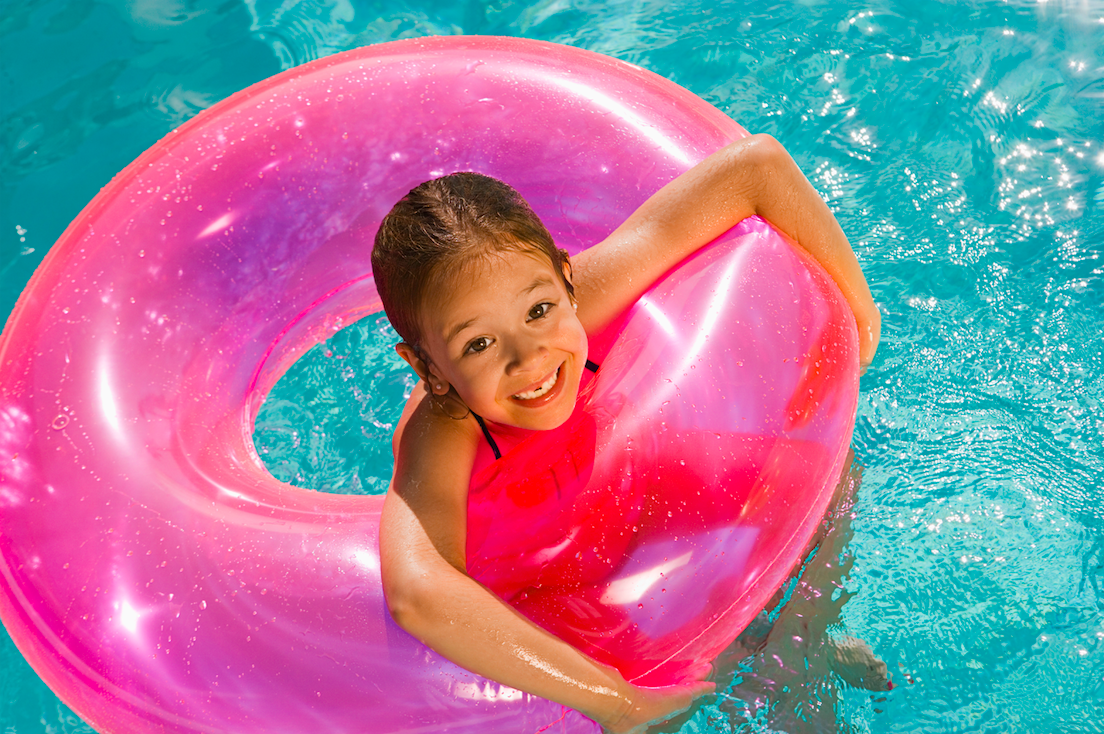Water is a big part of family fun in Georgia and water safety should be, too. YourTown Health would like to share some tips to keep you and your little ones safe this summer:
- Make sure you always have a designated “watcher” when children are near water. Maintain constant visual contact.
- Infants and toddlers should never be more than an arm’s length away.
- Water wings, pool noodles and other floats are fun but they aren’t life jackets. Don’t over-rely on them for safety.
- Teach children about swim safety early. Don’t go in unless you know how to swim. Local Parks & Recreation offer swim lessons for all ages.
- Make sure the body of water matches your skill level and strength, especially if there’s a danger of rip currents or you can’t tell how deep it is. Don’t dive if you’re unfamiliar with the area.
- If you lose sight of your children, check the water first. Every second counts.
- Remember, you won’t be able to hear a child in trouble. Drowning occurs quickly and quietly.
- It’s not just little kids: Teens and young adults also need to think about water safety. KidsHealth.org says alcohol is involved in about half of all male teen drownings.
Rules for the pool:
- Teach children never to go in the water without adult supervision.
- When adults become preoccupied, children are at risk. Appoint someone to be the watcher during social gatherings.
- Don’t use flotation devices as a substitute for supervision.
- If you have to leave, even for a moment, take your children with you. Bring everything you’ll need first – towels, sunscreen, etc. – instead of going back inside for them. (How many times have you heard someone say on the news, “But I was only gone for a second”?)
- Make sure children stay away from drains and suction filters that can pull them in.
- Add alarms to your doors and windows near the pool area.
- Don’t leave toys out that might attract children to the pool when you’re not there.
- Keep a phone with you near the pool that has all of your emergency contact numbers handy.
- Have a first aid kit on hand as well as rescue equipment, such as a pole that can reach the middle of the pool.
- The best way to keep your whole family safe is to learn CPR and make sure anyone who takes care of your children is trained. Be sure to take brush-up classes regularly so you’re always up to date on water safety skills.
- Remember to brief your babysitters about water safety, too!
The younger the child, the greater the risk
Infants and toddlers can drown in an inch of water. According to the CDC, drowning is the second leading cause of unintentional death for young children. But drowning is preventable. To learn more, please see How To Protect Your Family From The Danger of Dry Drowning.
Now that you know all of your water safety tips, get out and have some fun!

